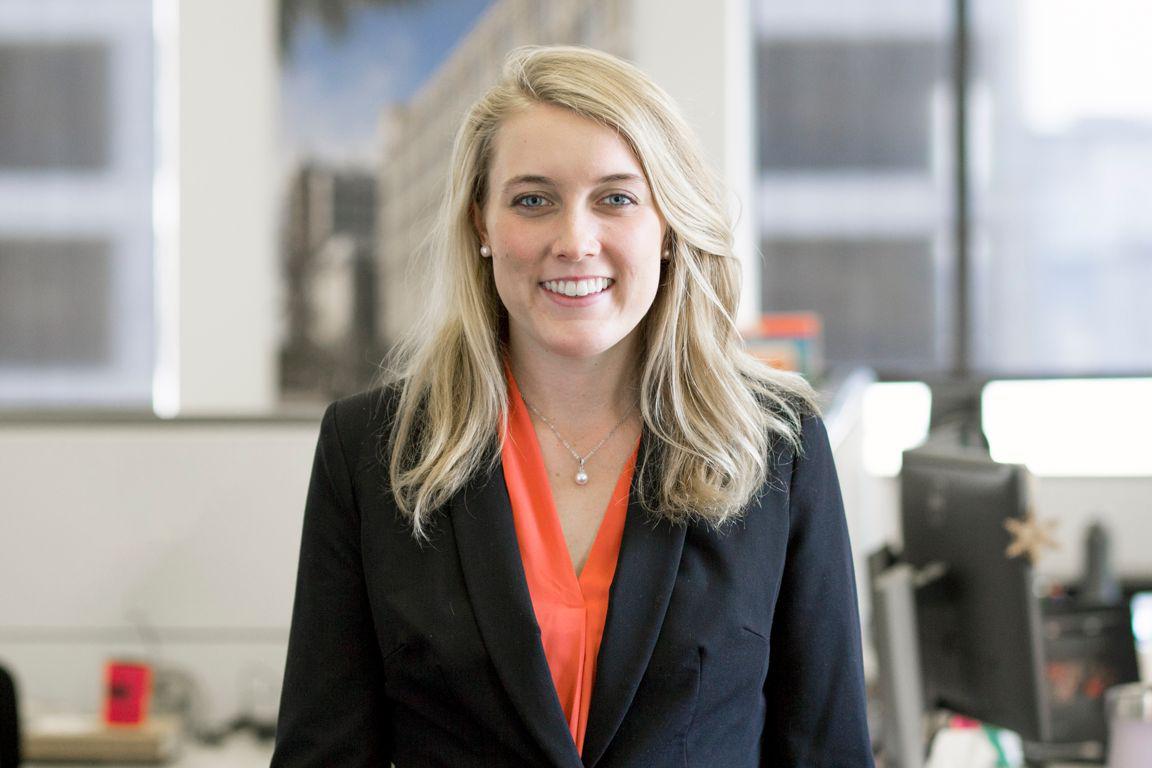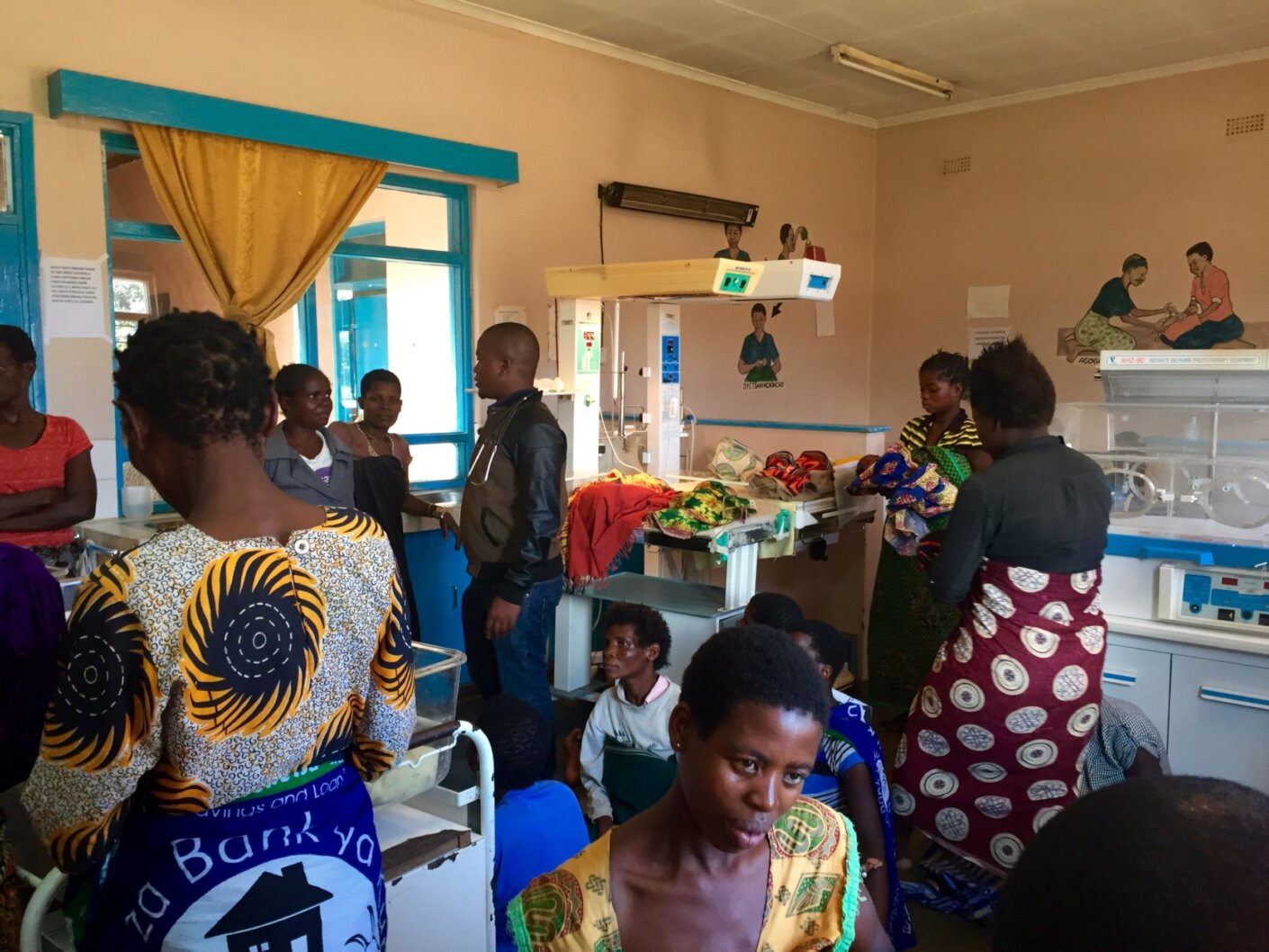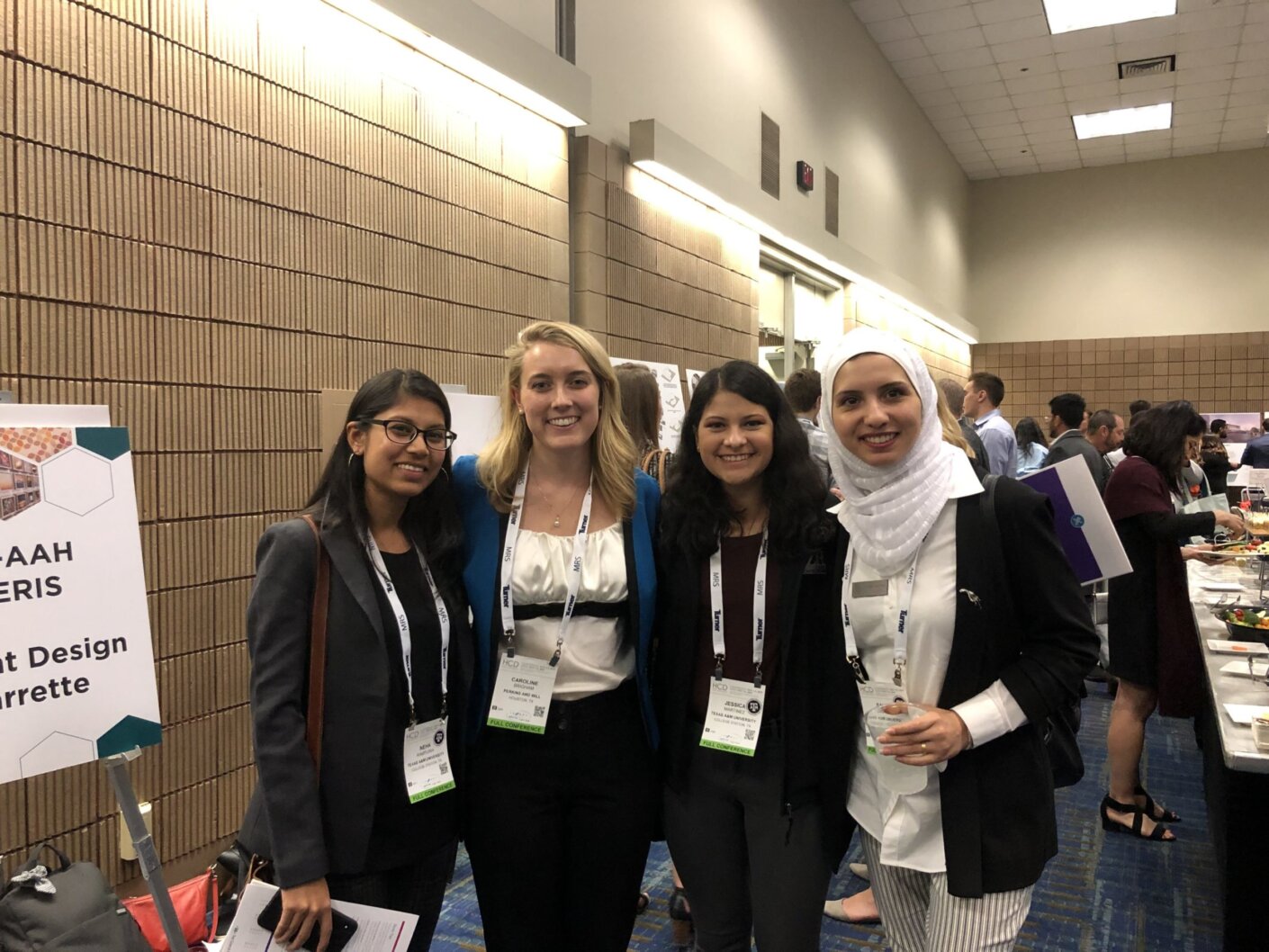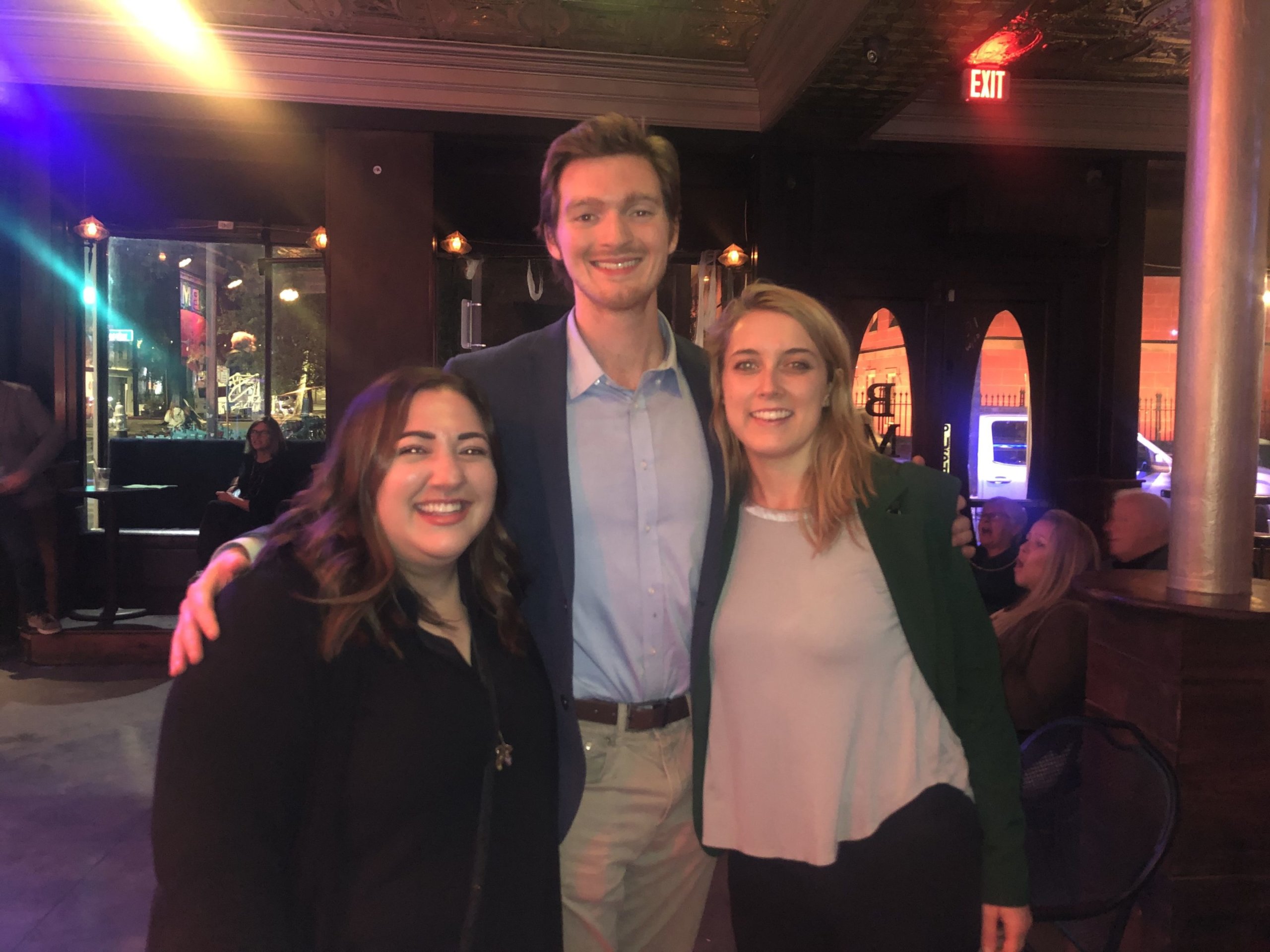We created the E. Todd Wheeler Health Fellowship to offer hands-on professional development for emerging healthcare designers. Named for the late architect E. Todd Wheeler, a design visionary and Perkins&Will principal, this fellowship is awarded each year to up to five graduate interns. Selected recipients demonstrate a passion for advancing healthcare excellence through transformative built environments. In 2020, the COVID-19 global pandemic brought healthcare spaces and their resource needs to the forefront of public discourse, amplifying the work of our inaugural fellows. Here’s Caroline Brigham, who worked in our Houston studio during her fellowship.

Caroline Brigham
While completing a Bachelor of Architecture at Rice University, Caroline Brigham pursued summer work experiences in Africa, which provided the opportunity to explore the architecture and cultures of cities like Cape Town, South Africa and Blantyre, Malawi. Her experience catalyzed her pursuit of the Todd E. Wheeler Fellowship. During the Fellowship year, she visited India, and was able to research several hospital settings. Her exploration led to a personal research topic investigating emerging healthcare markets in Africa and India, and her firm-guidance in the Houston office led to a guided research top evaluating the influences of acoustics on behavioral health.
“I have always been drawn to the healing potential of design, stemming from my mother’s experience being a nurse practitioner,” she says. “It is my passion and pleasure to serve others in times of need.”
Accessibility for all
Caroline’s first project was motivated by studies revealing that more than half the world’s population does not have access to essential health services. Her hypothesis? A holistic view of health access will help providers better serve patients and, in turn, strengthen communities and global economies. “I was moved by the patient-doctor interactions I saw in these emerging markets, how the kind words and patience of the caregivers calmed and reassured patients in simple yet significant ways,” she says. “I knew from these interactions that we can integrate cultural competence into our ongoing healthcare accessibility efforts, at home and abroad.”
With forecasts of rapid urbanization in her chosen geographic regions, Africa and India, and their health markets, the demand for strong public health services is likely to increase. Already, the governments of India and the African Union have signed the India-Africa Science Cooperation, a pledge to share resources and research pertaining to strengthening offerings and investment in health infrastructure. Caroline dove into the cultural contexts of each region specifically to explore what design processes could be prioritized for a healthier future.

“Healthcare design is better with consideration of the patient’s needs and preferences at the forefront,” Caroline says. This includes a respect for and deep understanding of the patient’s cultural background and social environment. From explorations of India’s caste system to the spiritual and religious beliefs of African nations surrounding health and wellness, Caroline’s research supports a design philosophy that embraces the intricacies of users’ cultures. By embracing flexible planning at a variety of scales for both urban and rural contexts, she is working to better serve more people, and strengthen communities’ access to health care.

Exploring energy: sound and behavior
Her second project, more closely guided by health practice leaders at Perkins&Will, including Eve Edelstein, Diana Davis and Sara Shumbera, was motivated by evidence of generalized agitation and sleep deprivation of psychiatric patients in behavioral health hospitals. Caroline and her team’s hypothesis was that increased sound energy, or noise, contributes to greater agitation and adverse outcomes for patients, and that by regulating noise, patients would experience less agitation and less disruption during treatment.
After selecting an appropriate sound energy measurement tool, Caroline and her team were able to quantitatively test noise levels at different points in the hospitals identified by hospital staff as significant to care and patient outcomes. The staff also identified which areas of the hospital they believed to be the loudest and the quietest, so that the quantitative findings could be analyzed and compared with their qualitative feedback.
The mentorship Caroline received for this project was invaluable to her understanding of data-based research processes and design protocols.
“By addressing these noise levels, or designing to accommodate differing levels specifically, we could improve patient spaces, and therefore their experiences and healing process,” she says. Some of teams’ recommendations include playing calming music during mealtimes, which tend to be noisy, and utilize acoustic absorption panels nearby the nurse station, seclusion rooms, and pharmacy med area where communication is critical.
Upon measuring the sound energy levels in the patient care units identified as those with the most and least patient agitation. Caroline and her team concluded that psychiatric patients are in general, adversely affected by increased sound energy. She therefore recommends that hospitals directly address the need for spaces of varying noise levels—from intimate rooms for calm and relaxation to more lively spaces for engagement and socialization to accommodate patients’ needs and preferences.


A fellow’s experience
With her research already grounded in a people-first approach, this only became more important during the pandemic. “I found myself asking, what do the patients need right now? What can we do to help those without healthcare access during the pandemic?” She engaged with friends working for Doctors without Borders to see how Perkins&Will may be able to get involved with providing more healthcare access to people who need it at this time across the globe. Meanwhile, she is now working with a team in the Houston office to form renovation strategies for dental clinics to safely deliver care during COVID-19.
As designers we know that our work can have direct impacts on the health and well-being of those who use our spaces. We’re ready to apply Caroline’s research to future projects to improve the conditions for not only psychiatric patients, but for healthcare workers and hospital visitors across the board to ensure inclusivity, comfort, and accessibility for all.